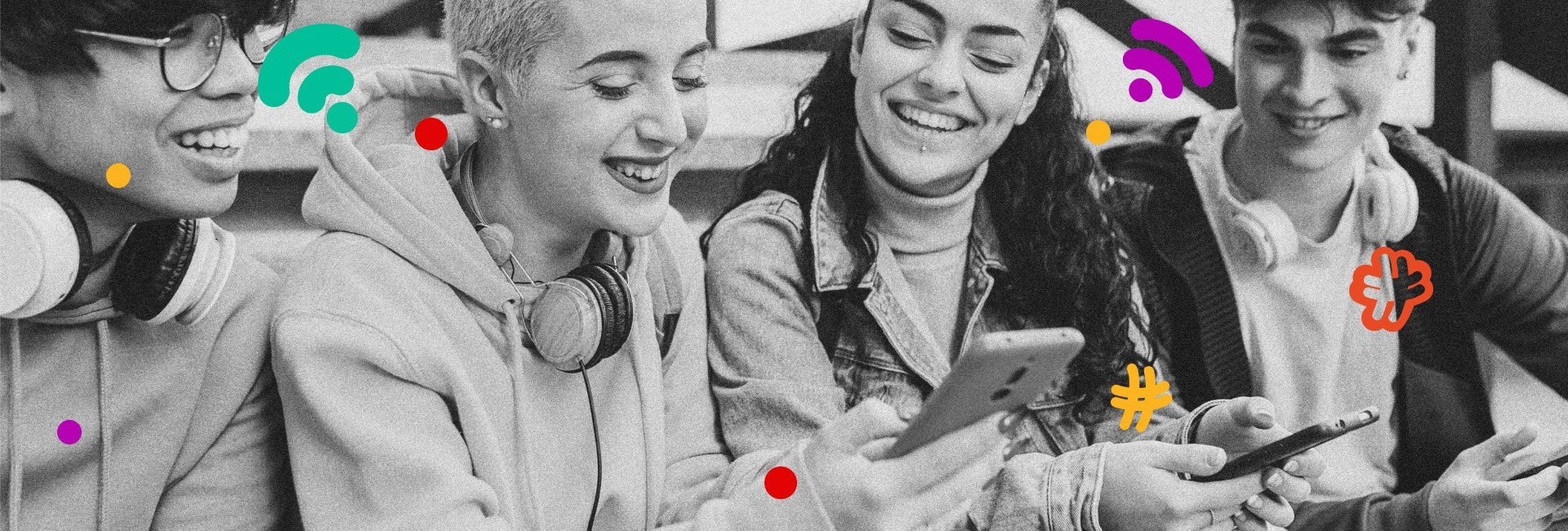
Projekt "Make it clear - educating young people against disinformation online" realizowany jest przez konsorcjum, które tworzą NASK-PIB, Latvian Internet Association oraz Save the Children Romania w ramach programu Komisji Europejskiej Kreatywna Europa.
Projekt adresowany jest przede wszystkim do młodzieży w wieku 11-17 lat, ale także do rodziców, nauczycieli i osób pracujących z dziećmi. Celem projektu jest rozwijanie u młodzieży kompetencji informacyjnych, a także świadomego i krytycznego podejścia do treści udostępnianych w mediach, w szczególności w mediach społecznościowych. Działania projektowe przyczynią się do wzrostu umiejętności w zakresie weryfikowania prawdziwości informacji zamieszczanych online, a także rozpoznania i odpowiedniego reagowania na dezinformację w internecie. Ponadto projekt zmierza do poszerzenia wiedzy i podniesienia świadomości nauczycieli na temat zjawiska "fake news", co w efekcie pozwoli im rozwijać kompetencje informacyjne wśród swoich uczniów, a także zainteresować problemem rodziców.








 Projekt "Make it clear - educating young people against disinformation online" realizowany jest przez konsorcjum, które tworzą NASK-PIB, Latvian Internet Association oraz Save the Children Romania w ramach programu Komisji Europejskiej Kreatywna Europa.
Projekt "Make it clear - educating young people against disinformation online" realizowany jest przez konsorcjum, które tworzą NASK-PIB, Latvian Internet Association oraz Save the Children Romania w ramach programu Komisji Europejskiej Kreatywna Europa.